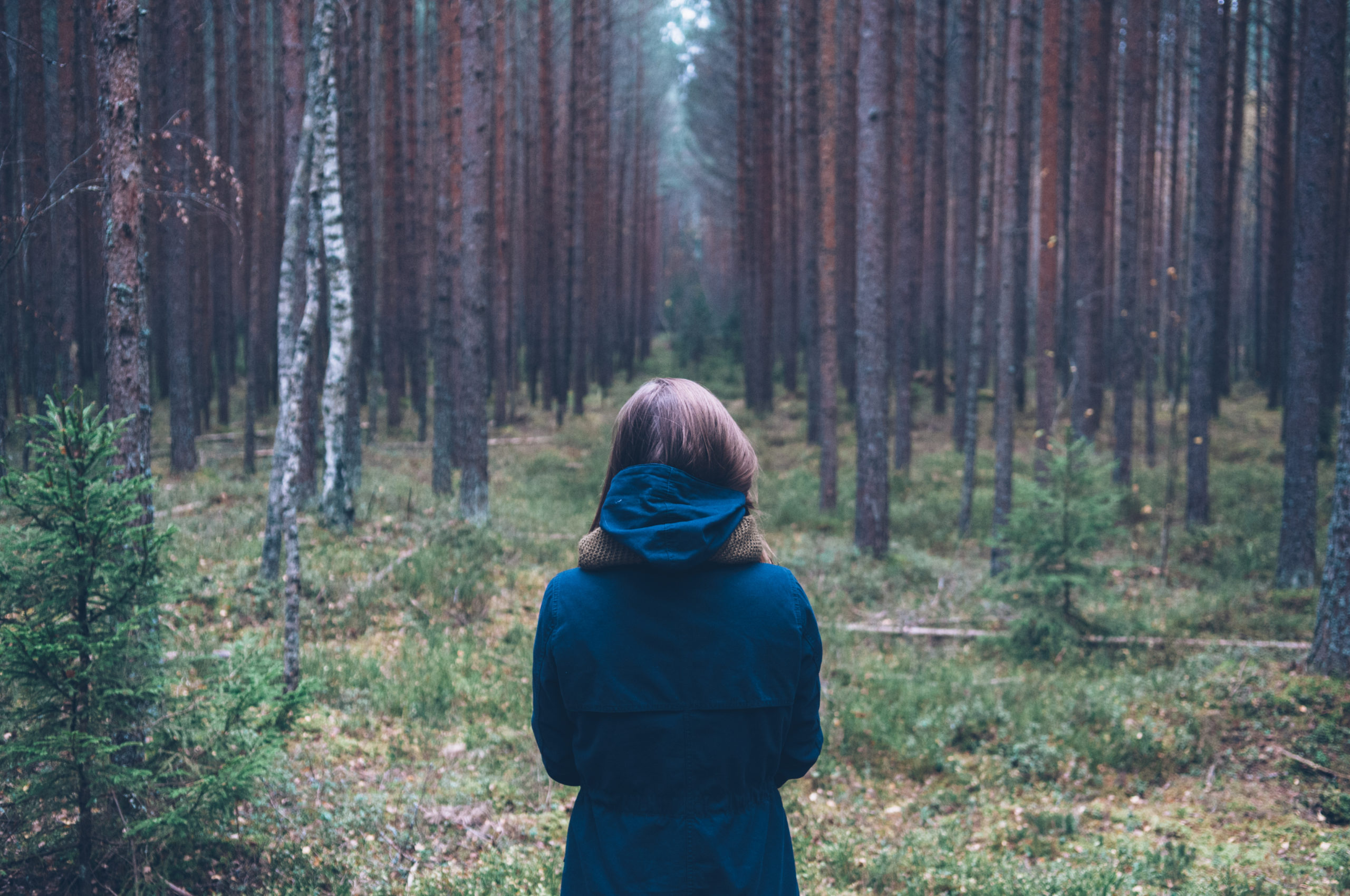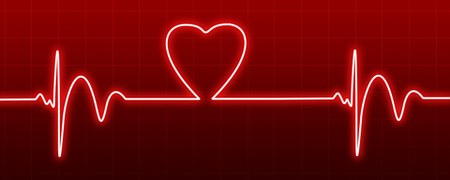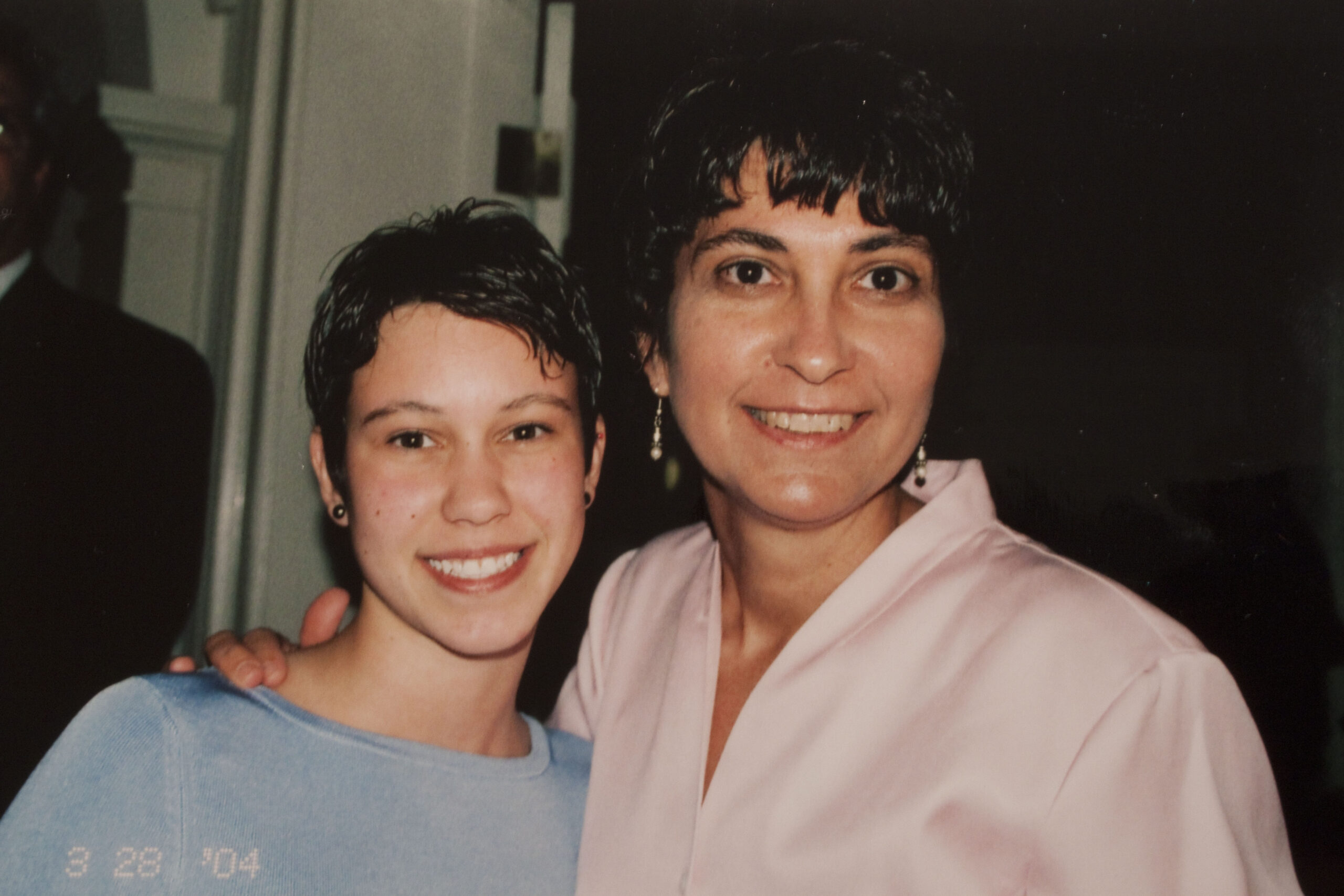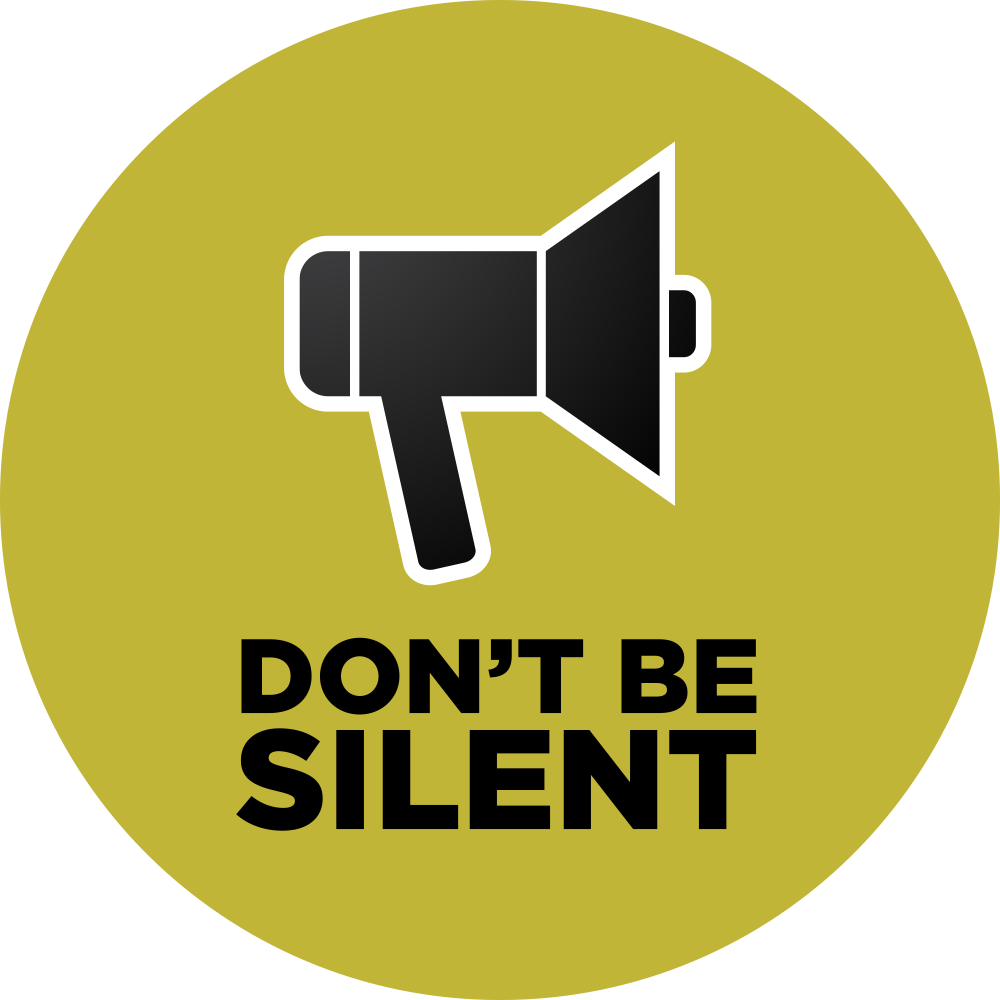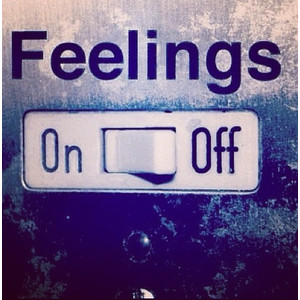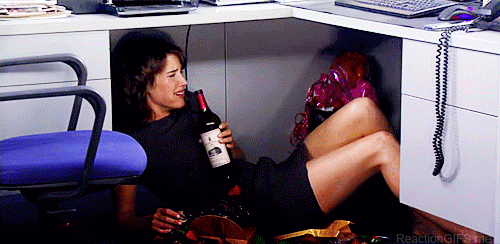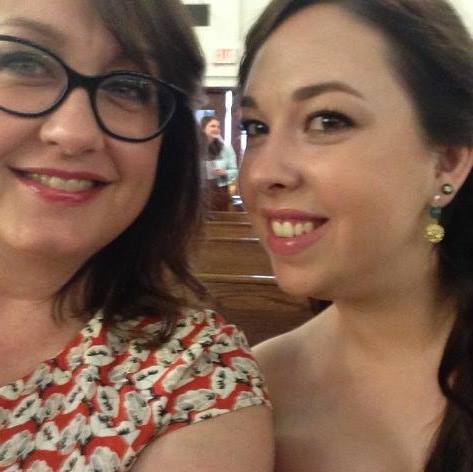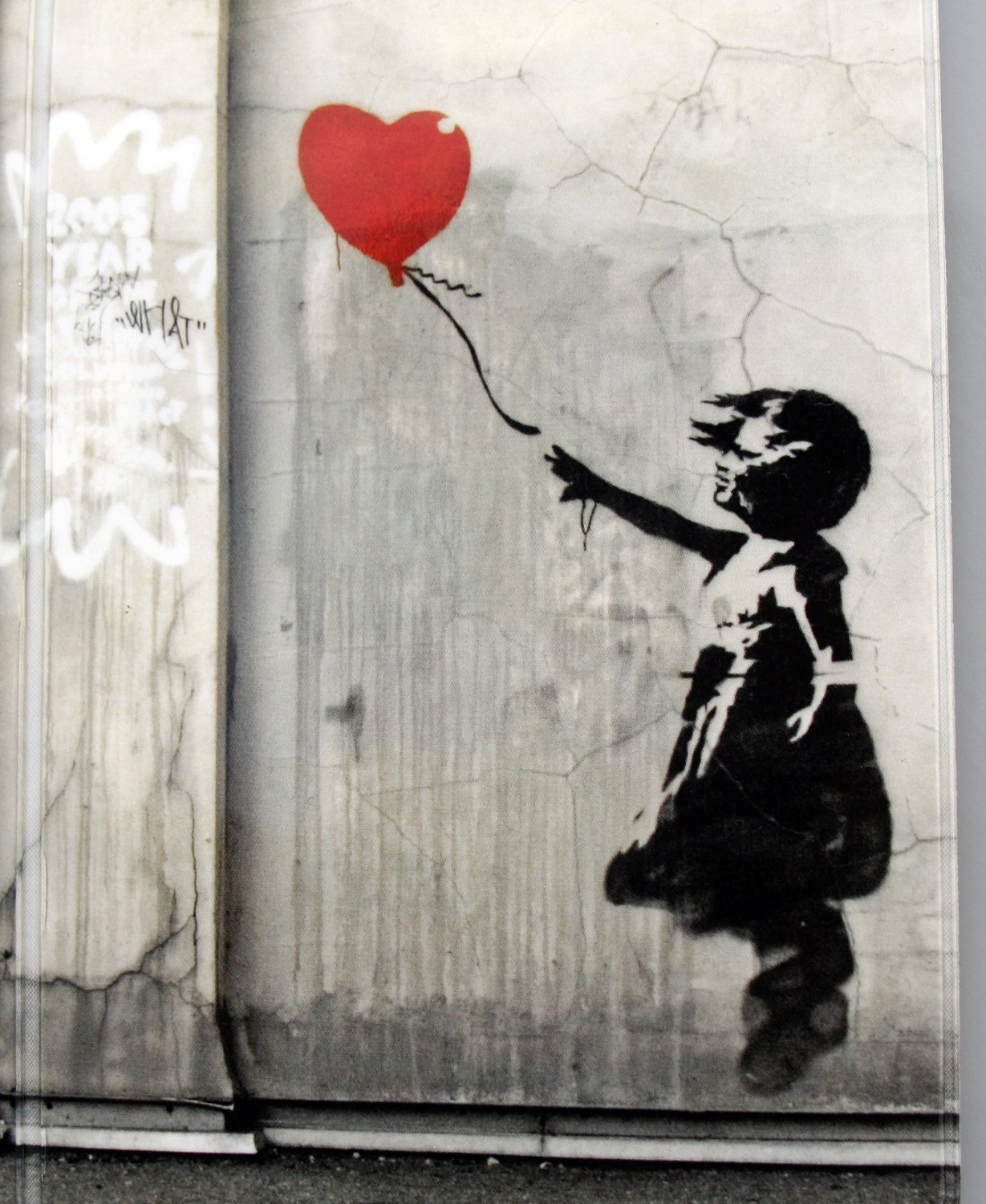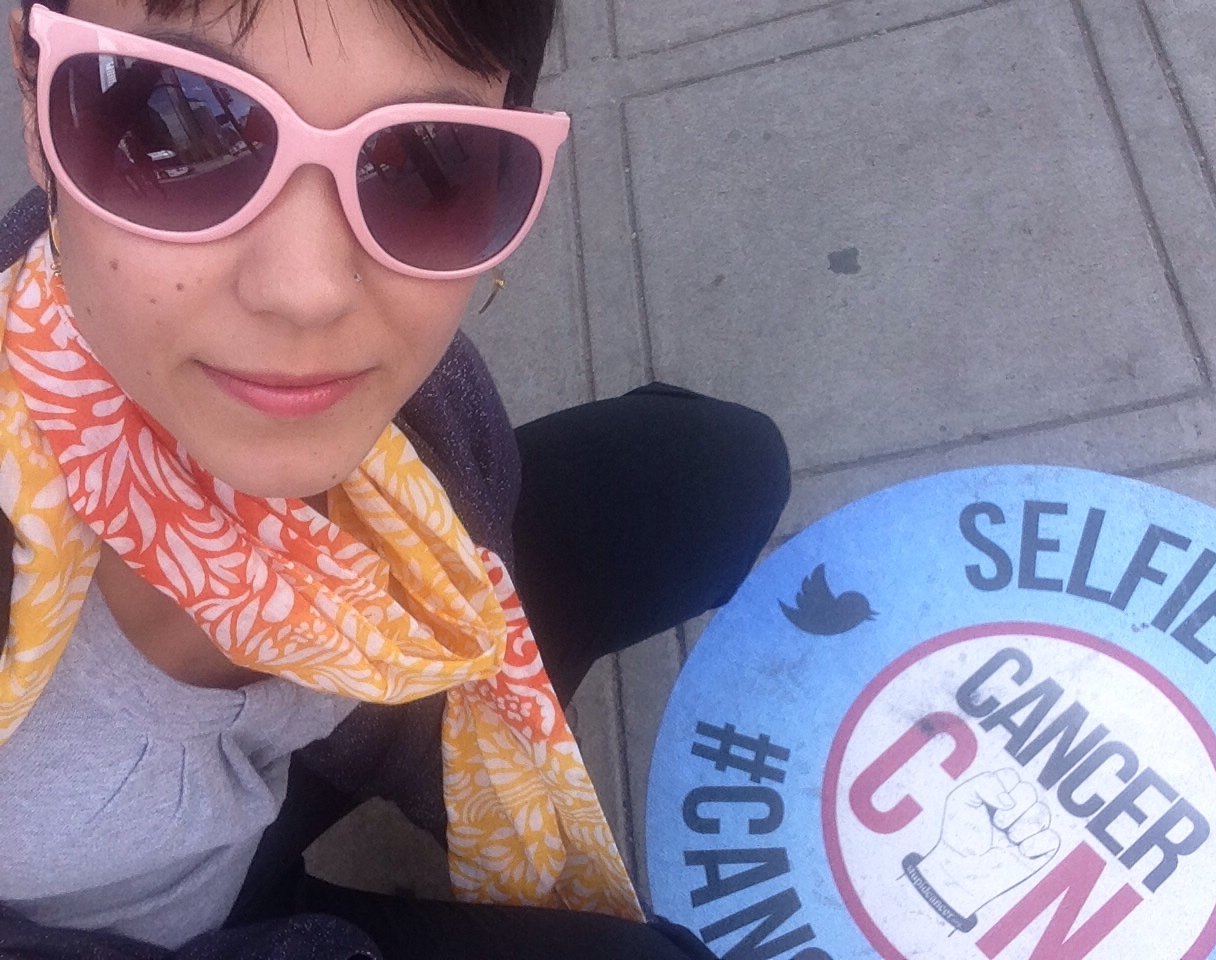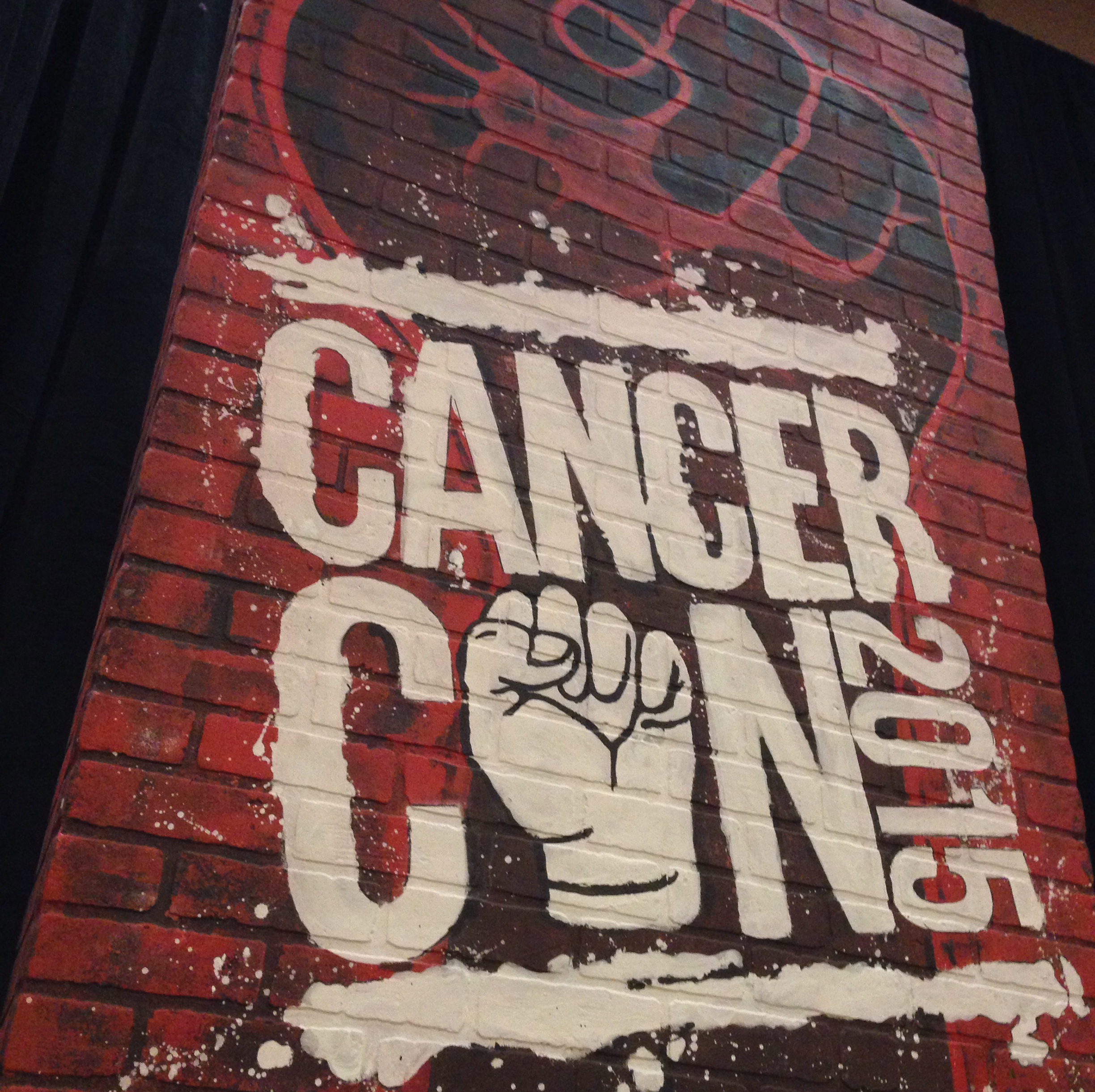Caregiver guilt. There’s actually a weird amount of guilt that goes along with caregiving.
There’s the guilt of not always being there. Of having to work instead of go to doctor’s appointments. Of taking a vacation because it’s a holiday weekend. Of needing to clean your own apartment and get your own life sorted instead of helping someone with theirs. Of wanting to talk about things going on in your life with them, but feeling like you should just focus on their problems instead. Of going out and drinking with friends because I’m only 25 and my husband and I live downtown and there are patios and it’s summer…
I’ve had some weird, guilt too. Recently there was a day that I normally would have gone to my parents’ to take care of my mother for her second day of infusing, but she’d finally felt a bit too babysat and told me not to come. That whole day I felt lost and guilty; I’d rearranged my summer schedule to make sure I could be there, and then I wasn’t.
Was it awful to treat it like a “me day?” What if something happened while I wasn’t with her? Should I try to pick up a shift at work since I’ve hardly been working?
I felt so weird I ended up sitting on the sofa all day watching Netflix. I felt guilty for not caregiving and doing some relaxing instead.
Then, possibly my weirdest moment of guilt, I cut 11 inches of my hair off, but couldn’t easily donate it because of how it was cut, layered, and highlighted. I didn’t have enough hair for most places and wasn’t willing to cut enough off in order to have the right amount to donate. I’d offered my hair to my mother but with everything else going on she hasn’t really cared about hair loss – she got an adorable pixie cut so it won’t be as messy to lose but beyond that hasn’t thought too much of it. Not being able to donate eleven inches of hair made me feel like a monster. How selfish could I be to cut that much hair and not give it away while I have a mother going through chemo? Why wasn’t I thinking about other people’s needs?
I think we all try to be too perfect, too good, and too giving. We can’t spend our entire life living for someone else, we can’t possibly be there 24/7 for another person. Life doesn’t work that way. It’s okay to take time to yourself, which is exactly what my mother needed – I should have been able to pass the time that day without caregiving for her, I should have been able to do more than sit and watch TV. She needed time to herself, and knew that I was only a phone call away if she needed me. I should be able to do what I want with my hair without feeling like a monster – my mother didn’t want a wig from me, and if I didn’t have enough to donate, then okay. It’s not the end of the world. Knowing me, at some point in the future my hair will be at a point where I can cut 12 inches off and I’ll be sure that next time I can donate it. Problems solved, no caregiver guilt needed.
Caregiving as a young adult is already a stressful enough time without us adding misplaced feelings of caregiver guilt to ourselves as well. It’s perfectly okay to still do things for yourself, and in fact I’d encourage it. Maybe a weekend away, or a haircut, or a night out with friends is exactly what you need to come back to your caregiving life refreshed and ready to help.
Have you experienced caregiver guilt? How do you cope with it? Just like survivors, caregivers experience these complicated emotions too. Share your story with us!



